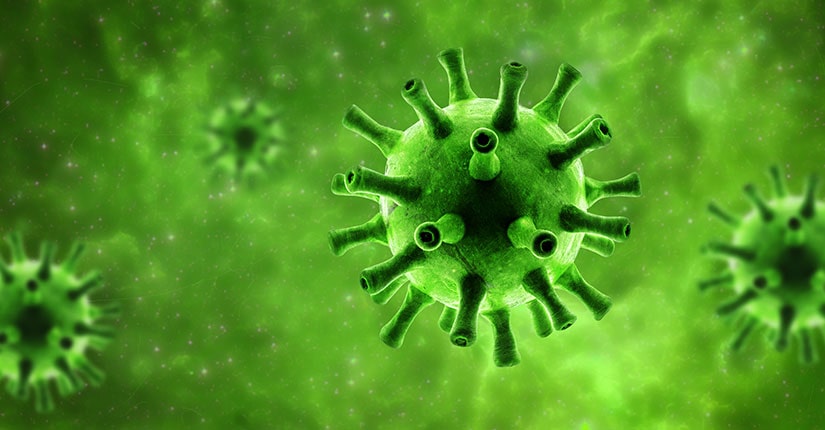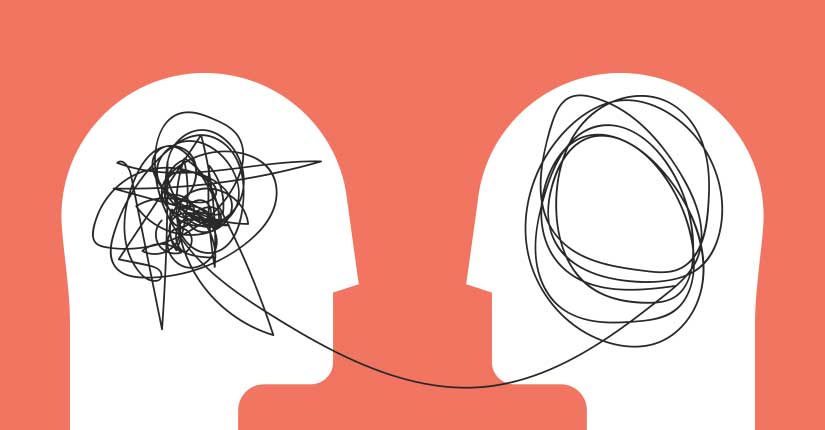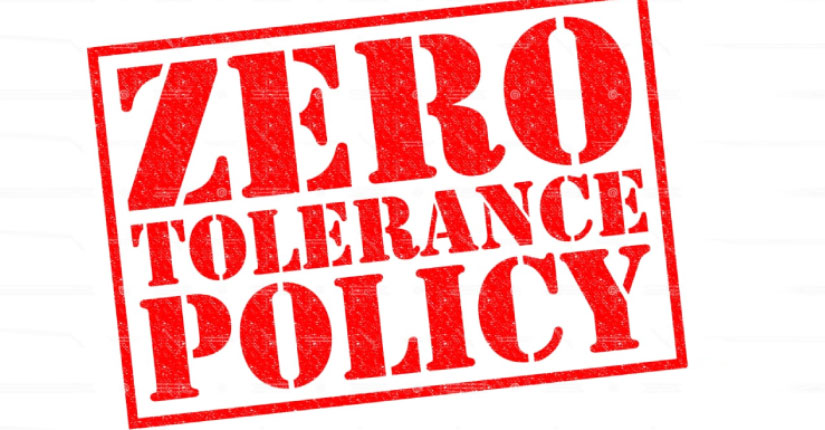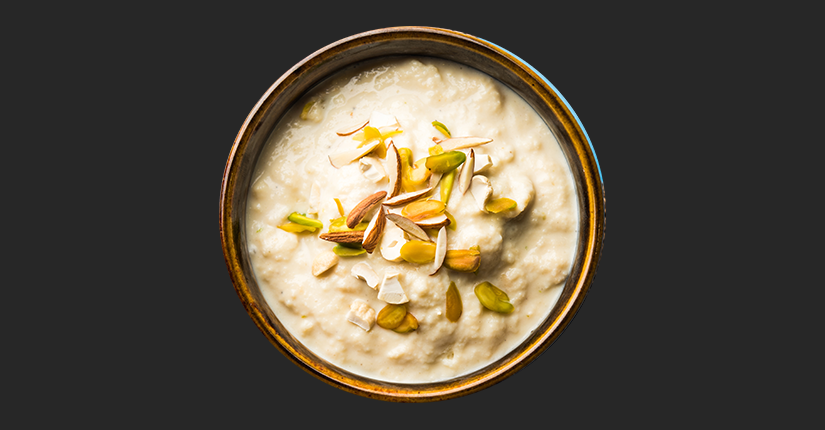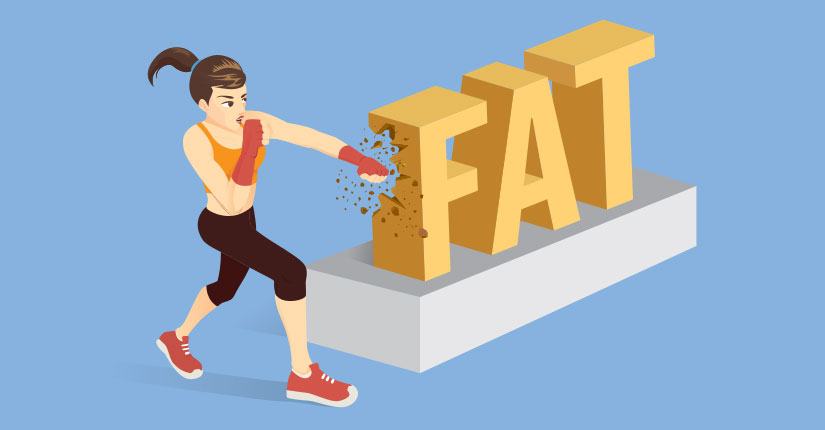A Study by Health Ministry Draws Framework for Mental Stress among Healthcare Workers During Pandemic
By Nmami Life Editorial 21-Jul 2020 Reading Time: 12 Mins

It’s sad and yet shameful to know that almost 100 doctors died while on Covid-19 duty in India. Various studies are being done and reported by different units of the Indian Medical Association (IMA), which have revealed this data. The healthcare workers at the frontline have become particularly vulnerable to mental stress.
A detailed report of a study that was jointly done by the Ministry of Health and Family Welfare and National Institute of Mental Health and Neuro-Sciences (NIMHANS) in Bengaluru was jointly released by the ministry. As per experts, the novel coronavirus pandemic has thrown an unprecedented challenge for mental health across the country. With the fear of illness now spreading more and more in different parts of the country, the existing healthcare systems are really exhausted.
As per the IMA’s own reports, at least 771 doctors who are less than the age of 35 years, 247 doctors above 35 and 261 doctors above 50, have been infected so far and these numbers are increasing. This figure does not include healthcare workers such as nurses and other healthcare-related staff.
The widespread social and economic disruption has also impacted most HCWs. This has created a cycle of concern, worry and distress.
Here’s a comprehensive key guide to causes of anxiety and distress in healthcare workers and how it can best be dealt with:
What can cause anxiety?
- Support for personal and family needs with increasing work demands
- Fear of family welfare if requiring quarantine/isolation
- Lack of information and communication
- Fear of exposure to self and transmitting to family
- Concern regarding personal protection equipment (PPE)
- – Uncertainty of extent of support from the organization
Indicators of mental health difficulties at the workplace:
- Reduced job performance and productivity
- Reporting to work intoxicated (drug/alcohol)
- Drowsiness
- Poor memory
- Absenteeism
- Impaired physical capability and daily functioning
- Rapid changes in mood, anger outburst, crying spells
- Restlessness/irritability
- Changes in communication with co-workers
Rule out rule: When there is a performance concern, rule out the possibility that it may be related to a mental health issue before you consider action.
KEY SYMPTOMS
- The most common is burn-out
- Emotionally exhausted
- Depersonalization (loss of one’s caring, empathy, and compassion)
- Decreased sense of accomplishment
Distress and Anxiety related to Covid-19
- Excessive worry about contracting the infection even when all precautions have been taken
- Not being able to stop or control worrying
- Feeling sad, crying spells
- Feeling nervous, anxious, or on edge
- Being so restless that it is hard to sit still
- Feeling incompetent at work
- Becoming easily annoyed or irritable
- Excessively following social media about Covid-19
- Feeling afraid as if something awful might happen
- Lack of sleep and decreased appetite
- Wanting to end it all (suicidal thoughts and plans)
Sleep disturbances
Extremely common symptoms like subjects may present with difficulty in :
- Initiating sleep
- Frequent awakening
- Early morning awakening
- Excessive sleep
- Distress, anxiety, exhaustion, shift work, substance use can all present with sleep disturbances. It is essential to clarify these aspects when frontline personnel report with sleep disturbances.
PRE-EXISTING MENTAL HEALTH ISSUES: WHAT IS ‘NORMAL’ AND WHAT IS ‘ABNORMAL’
- Abnormal psychological reactions are characterized by dysfunction in personal/social/ occupational functioning (in any or all or in varying proportions).
- Frontline personnel with pre-existing mental health issues may relapse or experience worsening of symptoms.
- Most frontline personnel presenting with psychological disturbances are ‘normal people’ who have been overwhelmed by an extraordinary stressor.
- Most may show more than one psychological presentation. For example, anxious people may also have features of depression and drink alcohol to reduce symptoms.
- These psychological disturbances may be linked to the many psychosocial stressors in the wake of the pandemic. Hence, management strategies primarily need to focus on mitigating the psychosocial stressors to the extent possible.
How can you help your COLLEAGUES IN DISTRESS?
-
- Active listening
- Have eye contact
- Acknowledge what is being said with appropriate nodes and gestures
- Occasionally repeat what is said
- Ask questions but do not compel to give more details
- When the conversation ends, summarise what was discussed and agreed upon.
- Give appropriate contacts including helplines if required
- Managing own feelings
- Treat what is said with respect
- Do not react with surprise or judgment
- Do not immediately suggest solutions. Always ask what they want before giving your suggestions
How to manage stress AT WORKPLACE?
-As per the report, HCWs need to be aware of the guidelines for testing, quarantine, treatment and any other issues. The state government issues periodic guidelines which can keep changing depending on the situation, and it is important that healthcare workers are made aware of the same.
- Prepare staff for the job
- Do not give false assurance, a full and frank assessment will be helpful to retain the trust
- Focus on the long-term, ensure as much as training for their staff to fulfil roles
- Make sure staff rotation from jobs of higher stress to lower stress and vice-versa is happening. Ensure that juniors with limited experience working with their senior colleagues.
- Duty/shift breaks/holidays to be agreed within the team and ensured as far as possible.
-Enhance support to the family
Employees (especially women) putting in long working hours worry about their family responsibilities especially towards their children/elders. It is necessary that the administration support them to the extent possible by considering the following suggestions:
- Child care with safety protocols
- Flexible work schedules
- Procurement of essential supplies
- An assurance on the family being supported if quarantined/infected
- Paid leave if quarantined/in isolation
Fifteen-minute Yoga program at the workplace for stress reduction
This includes:
-
- Neck movement,
- Shoulder rotation,
- Hand stretching & breathing
- Side bending
- Ardhacharkrashan
- Nadishuddhi
- Bharmari
DO NOT:
-
- Overload them with Covid-19 related information
- Do not initiate discussion on fatalities or other media stories related to Covid-19
- If the discussion is initiated from the client’s side, discuss it in the larger context (for example, only 2- 3 per cent die, the rest 97 per cent recover fully).
SELF-CARE
All personnel at the frontline should be made aware of self-care. Self-care involves all those activities to promote our emotional, physical, relational, and spiritual/religious wellness. These include the following:
- Have a routine
- Ensure breaks and adequate sleep
- Keep in touch with relatives/friends
- Carry out some activities and hobbies unrelated to work
- Exercise regularly and have a healthy diet
- Practice relaxation exercises like yoga
- Spiritual or religious activities (if you are a religious person)
- Make time for yourself and your family
WHO NEEDS TO BE ASSESSED?
The behaviors described below represent “warning signs” that the person may be contemplating suicide and will require assessment. Experiencing vs acute stress
- Anxious or agitated
- Feeling isolated or lonely, boredom
- Feeling of helplessness, hopelessness and worthlessness; guilt.
- Suicidal ideations/plans
Over to you
As per Health Ministry officials, this battle has made them worried about the risk of infection to themselves and their families, adequacy of protection, long working hours, being in quarantine/isolation, and separation from families can lead to severe psychological distress among health professionals. If not effectively-recognized and treated and continued for a longer period of time, such stress can transform into more persistent illnesses, even leading to suicidal thoughts and feelings. Psychological difficulties have been known to be associated with reduced competency at work and the stress faced at work can worsen mental distress.


